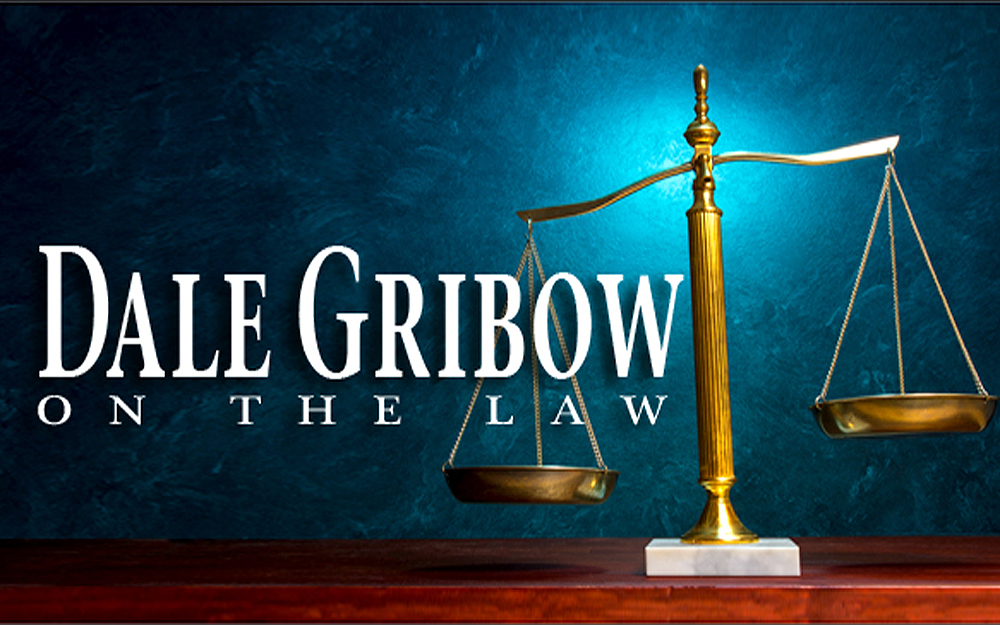
This month the California Department of Insurance notified insurance companies underwriting, of new guidelines and claims handling resulting from Urgency Bill SB240. Signed by California Governor Gavin Newsome, it takes place immediately. It adds a new California Insurance Code 1406(a)(1) which impacts how insurance companies in California can underwrite insurance policies and how claims must be handled. Here are the top five most significant changes:
- Time limit to Collect Additional Living Expenses (ALE) – If from a state of emergency, coverage for additional living expenses (or loss of use) shall be for at least 24 months from the inception of the loss, but shall be subject to other policy provisions. An insurer shall grant an extension of up to 12 additional months, for a total of 36 months, if an insured acting in good faith and with reasonable diligence encounters a delay or delays in the reconstruction process that are the result of circumstances beyond the control of the insured. Circumstances beyond the control of the insured include, but are not limited to, unavoidable construction permit delays, lack of necessary construction materials, and lack of available contractors to perform the necessary work. Additional extensions of six months shall be provided to policyholders for good cause.
- Rebuilding in Current Location or Rebuilding or Replacing in a New Location – An insured may use their replacement cost insurance coverage to (1) rebuild at the current location, (2) rebuild at a new location, or (3) purchase an already built home at a new location. Replacement cost coverage shall include payment of the building code upgrade coverage, even if the insured does not incur building code upgrade costs if the insured chooses to purchase an already built property in another location. However, the payment shall not exceed the replacement cost, including the building code upgrade cost, and any extended replacement cost coverage, if applicable, to repair, rebuild, or replace the insured structure at its original location.
- Ability to Combine Coverages – In the event of a claim relating to a state of emergency, an insured under a residential property insurance policy shall be permitted to combine payments for claims for losses up to the policy limits for the primary dwelling and other structures, for any of the covered expenses reasonably necessary to rebuild or replace the damaged or destroyed dwelling, if the policy limits for coverage to rebuild or replace the primary dwelling are insufficient.
- Non-Renewal After a Declared Disaster – The insurer shall offer to, for at least the next two annual renewal periods, but no less than 24 months of coverage from the date of the loss, to renew the policy in accordance with paragraph (1) if the total loss to the primary insured structure was caused by a disaster, as defined in subdivision (b) of Section 1689.14 of the Civil Code, the loss was not also due to the negligence of the insured, and losses have not occurred subsequent to the disaster-related total loss that relate to physical or risk changes to the insured property that result in the property becoming uninsurable.
- Non-Renewal or Cancellation within Fire Perimeter – An insurer shall not cancel or refuse to renew a policy of residential property insurance for a property located in any ZIP Code within or adjacent to the fire perimeter, for one year after the declaration of a state of emergency, based solely on the fact that the insured structure is located in an area in which a wildfire has occurred. This prohibition applies to all policies of residential property insurance in effect at the time of the declared state of emergency.
Remember: Silence is Golden and Handcuffs are Silver so DON’T TALK to POLICE or Insurance Agents without your lawyer’s permission.
ARTICLE SUGGESTIONS? DALE GRIBOW 760-837-7500/ dale@dalegribowlaw.com.
DALE GRIBOW
REPRESENTING THE INJURED AND CRIMINALLY ACCUSED
“TOP LAWYER” – California’s Prestige Magazine, Palm Springs Life (PI/DUI) 2011-20
“TOP LAWYER” – Inland Empire Magazine 2016- 2019
PERFECT 10.0 AVVO Peer Rating
“DON’T DRINK AND DRIVE OR TEXT AND GET A DUI OR ACCIDENT. CALL A TAXI, LYFT OR UBER. THEY ARE A LOT CHEAPER THAN CALLING ME”. SO DRIVE SOBER OR GET PULLED OVER.









































